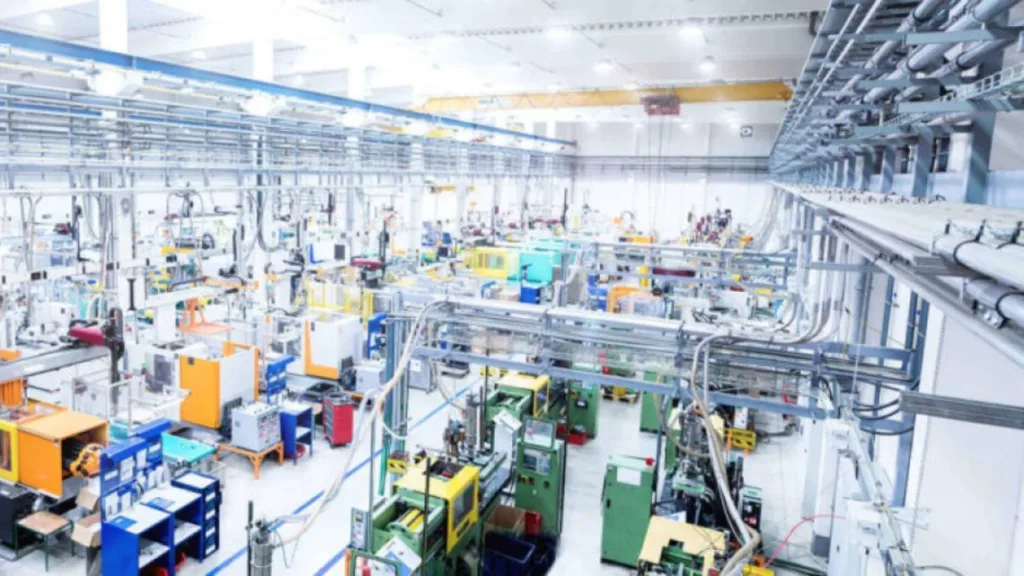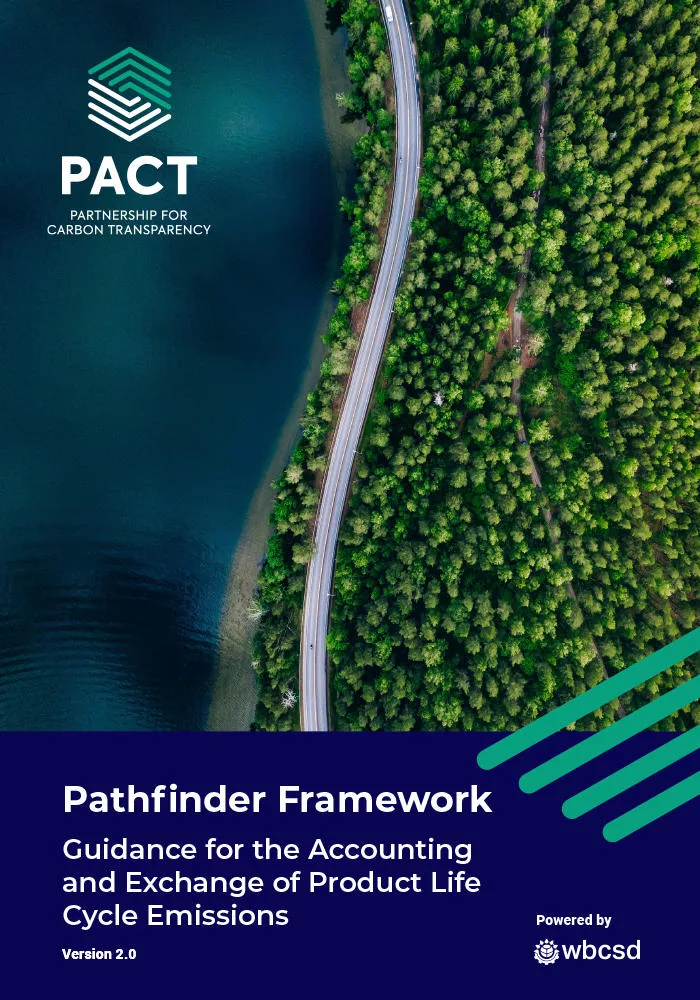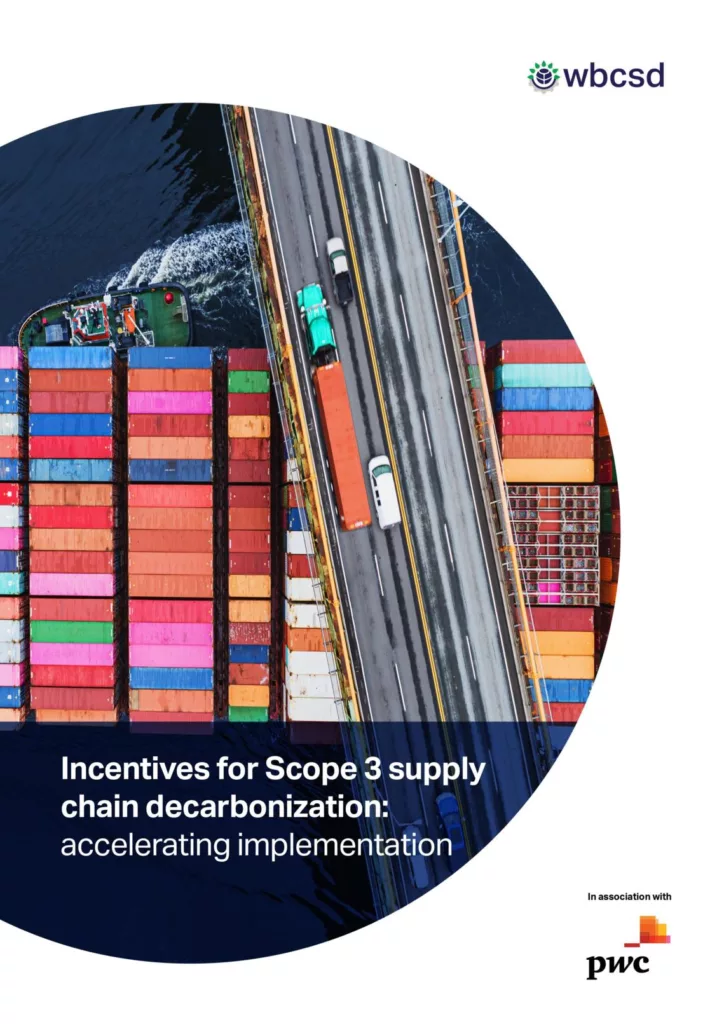Introduction
01
Companies across the world are stepping-up their climate commitments: setting targets to reduce emissions and align with the 1.5°C target for a climate-safe world.
Setting this ambition is critical but it’s only step one. Businesses need to match their ambition with robust, actionable strategies to accelerate the systems transformation we need. WBCSD’s new SOS 1.5 project aims to support companies from all sectors to stay within the 1.5°C safe operating space.
SOS 1.5 is an action initiative of the We Mean Business coalition.
The challenge
02
We are still not on track to limit the global temperature rise to 1.5°C.
Mobilizing businesses to transform across all sectors and geographies is the only way to prevent dangerous, irreversible damage to our people and planet. While many companies are committing to become climate neutral, transforming systems remains challenging for many sectors, leading to inertia and failure to deliver the climate action we need.
The business case
03
Businesses cannot survive in societies that fail.
Systems transformation is gathering pace and companies investing in their transformation today will retain their license to operate in tomorrow’s economy. Successful businesses will be those who have developed robust mitigation efforts, evaluated their level of climate risk and fully adapted to build resilience. Companies recognizing the opportunity — and the imperative — to decarbonize will gain competitive advantage.
The solution
04
SOS 1.5 is a cross-sectorial framework to help companies transform their operations and align with 1.5°C.
SOS 1.5 makes ‘mission possible’ ‘mission probable’ by helping companies identify the barriers to overcome and actions needed to accelerate our transition. Replacing the Low Carbon Technology Partnership Initiative, SOS 1.5 provides sector-specific deep dives and a tailored roadmap for any company to achieve climate action, regardless of where they are on the journey.
SOS 1.5 is an action initiative of the We Mean Business coalition.
SDG Impact
Reaching emission objectives that are compatible with the 1.5°C target contributes to a broad range of SDGs. Evidently SDG 13 is the overarching goal, but climate action will also significatively contribute towards: affordable and clean energy (SGD 7), a sustainable economic growth (SDG 8), an innovative industry (SDG 9), more sustainable cities (SDG 11) and through natural climate solutions and sustainable agriculture practices, the protection of aquatic and terrestrial ecosystems (SDG 14 & 15).
News
& Insights

Partnership for Carbon Transparency releases updated technical specifications for standardized exchange of emissions data
21 February, 2023

ENGIE Impact: New guidebook on Decarbonization Fundamentals in Manufacturing
16 February, 2023

Emissions transparency: Pathfinder Framework provides updated guidance for the accounting and exchange of product life cycle emissions
26 January, 2023


